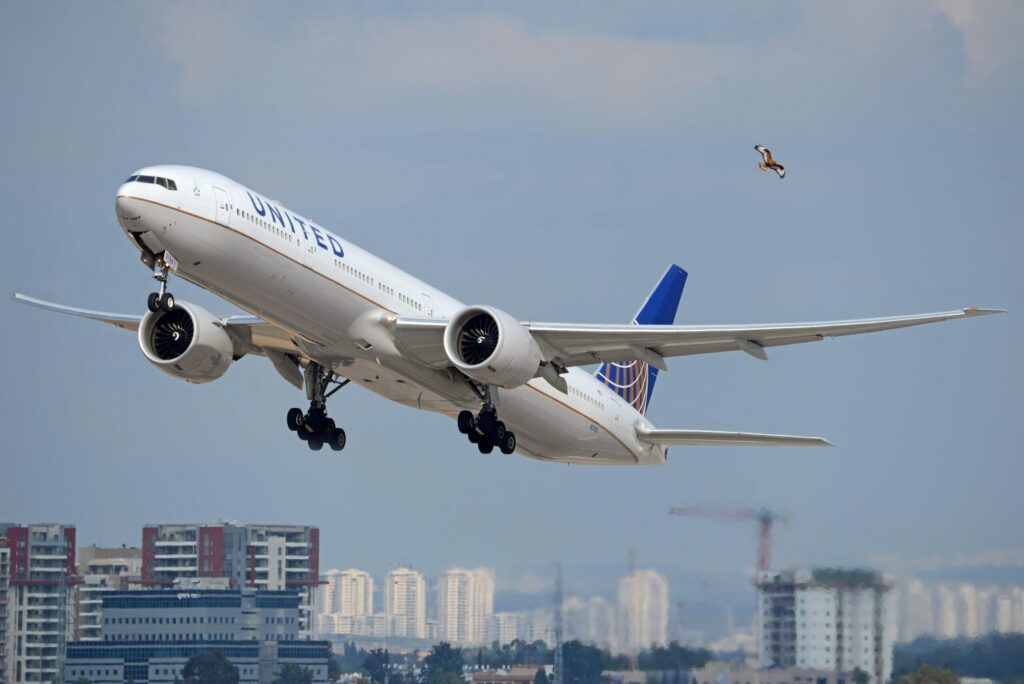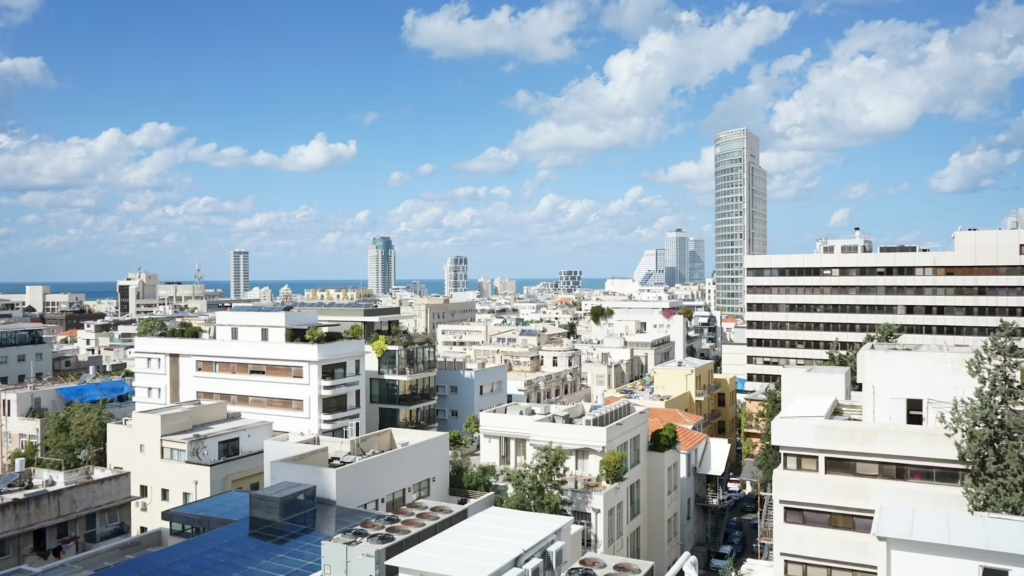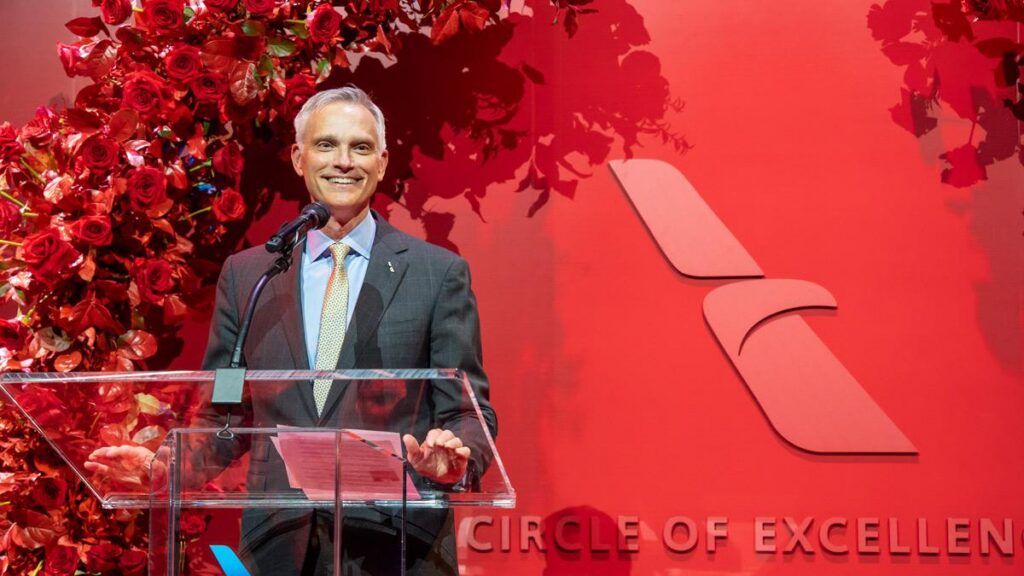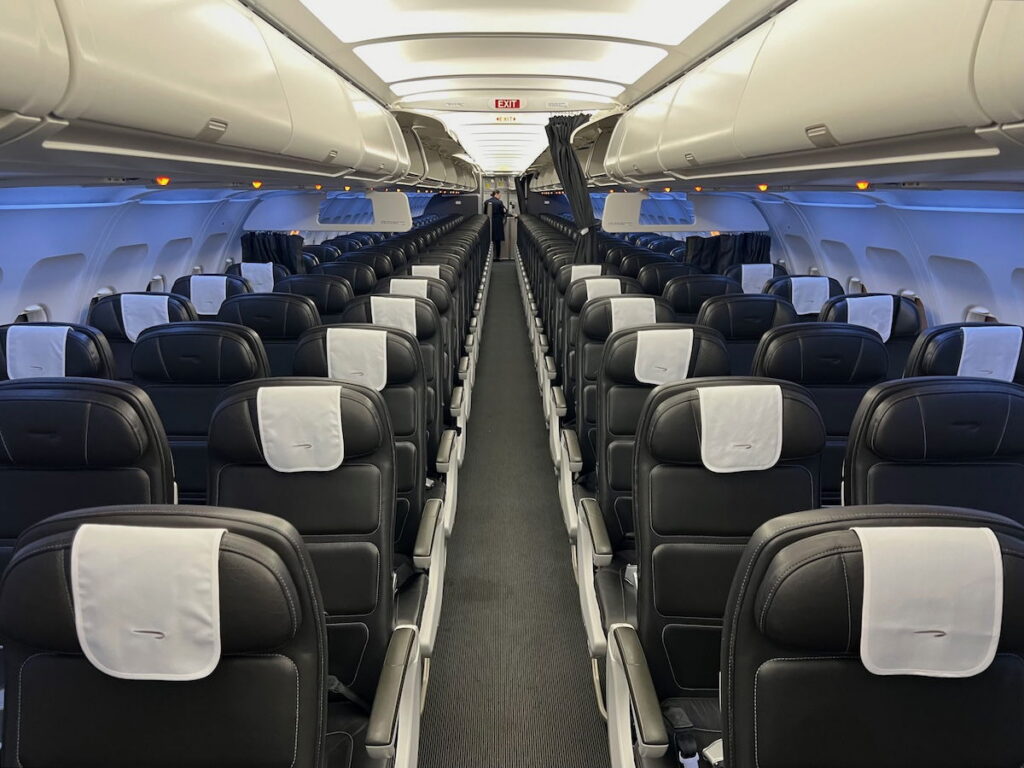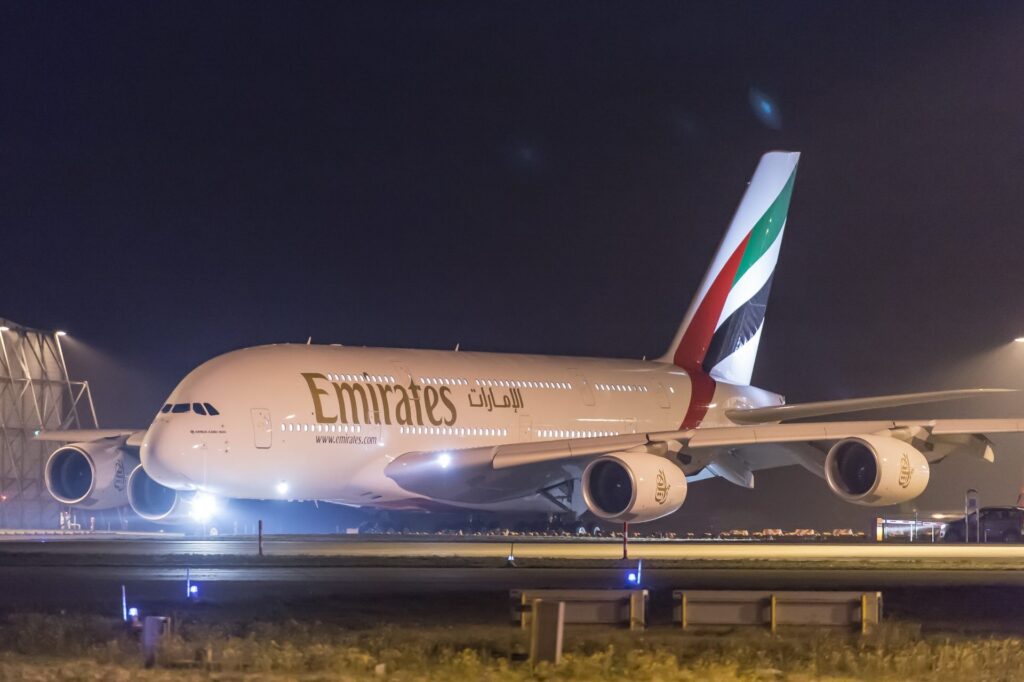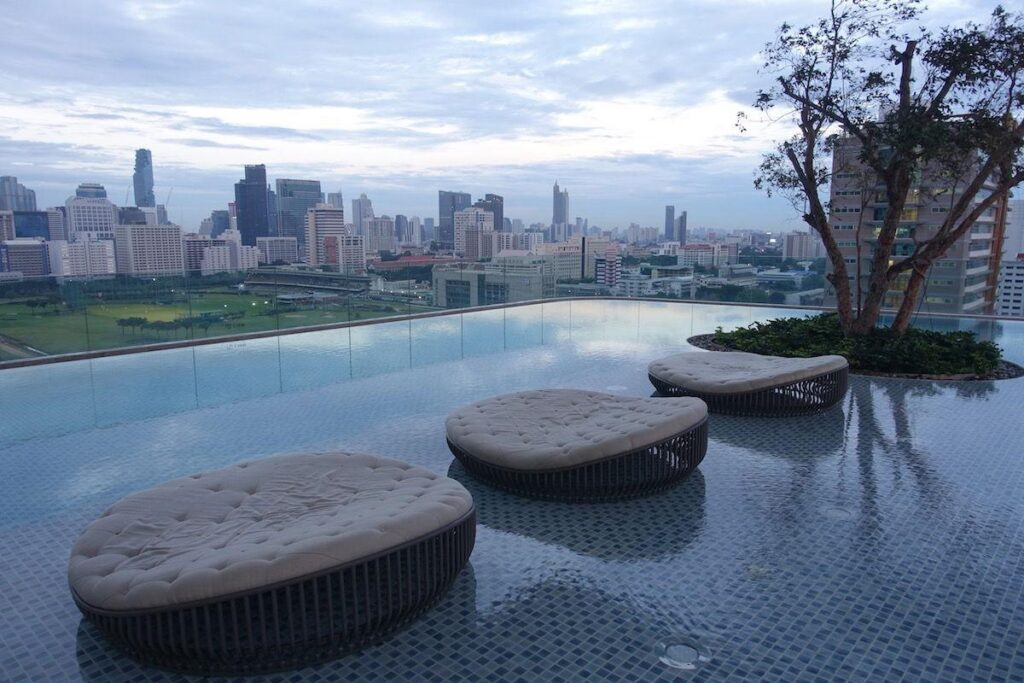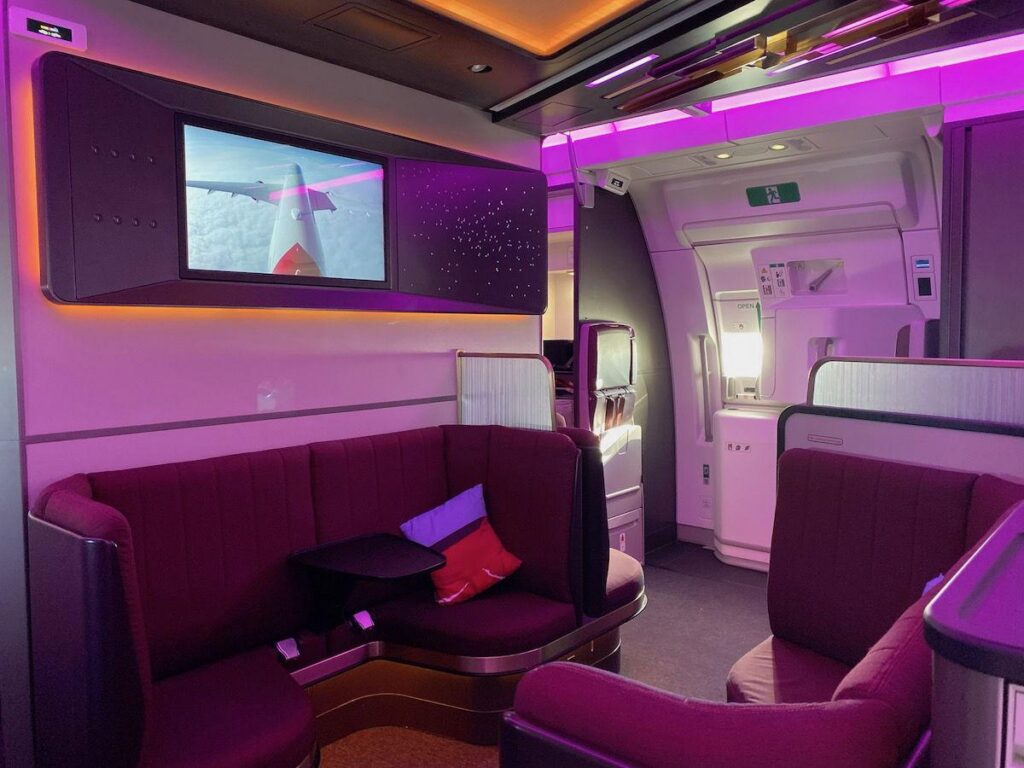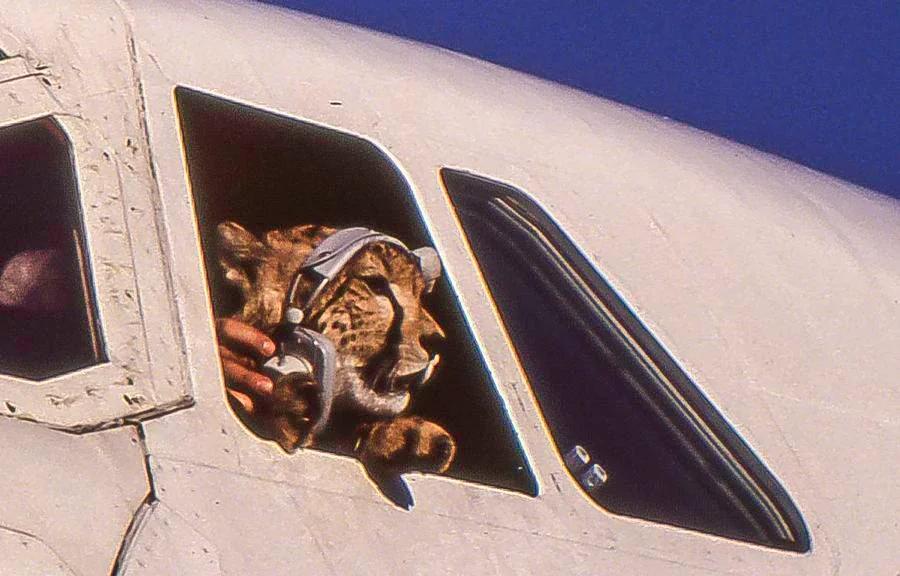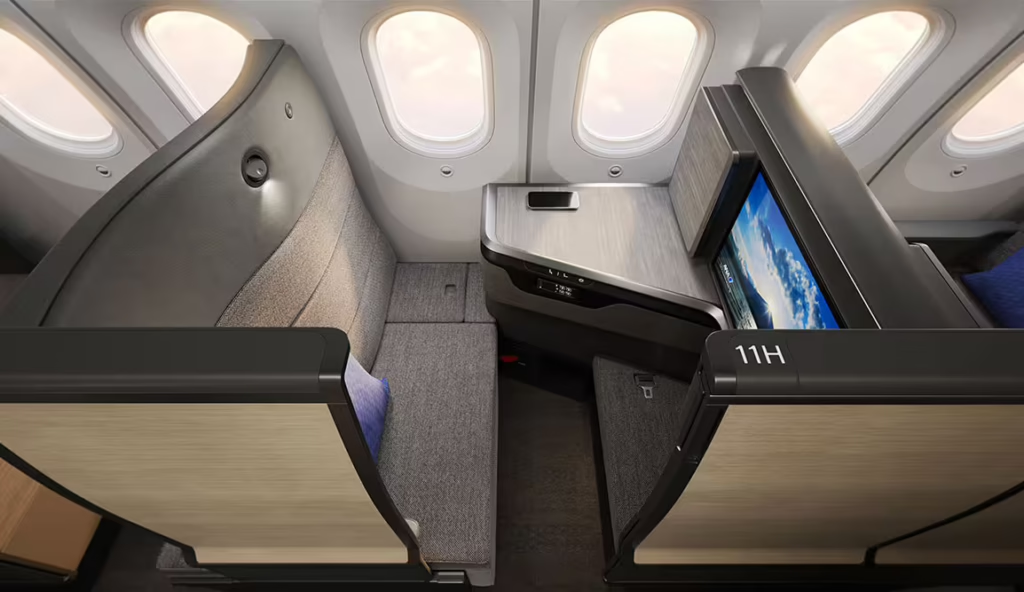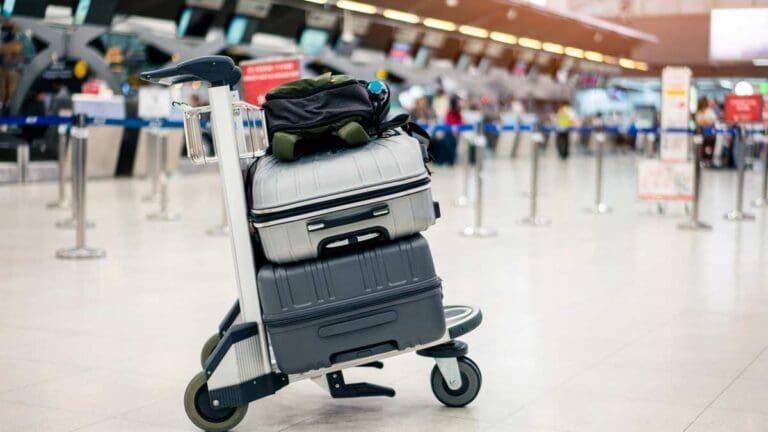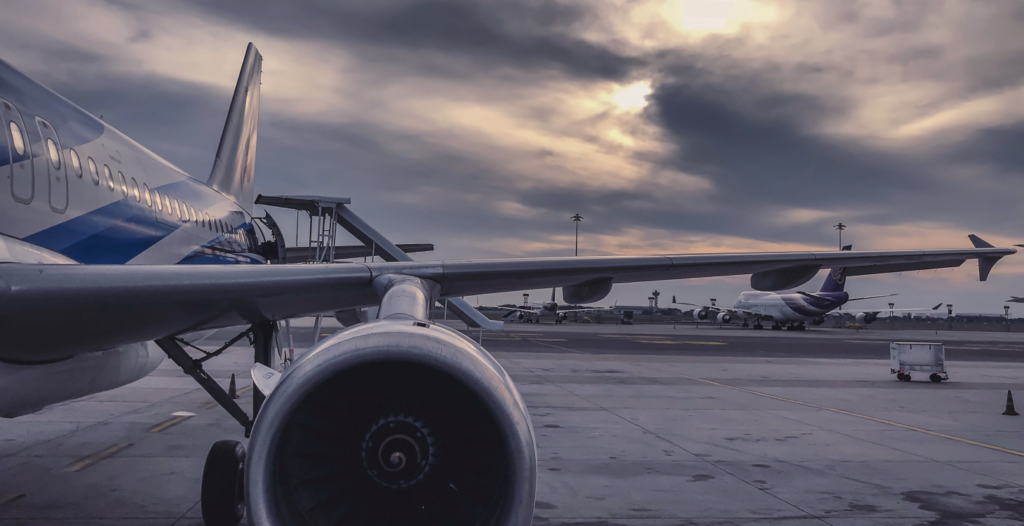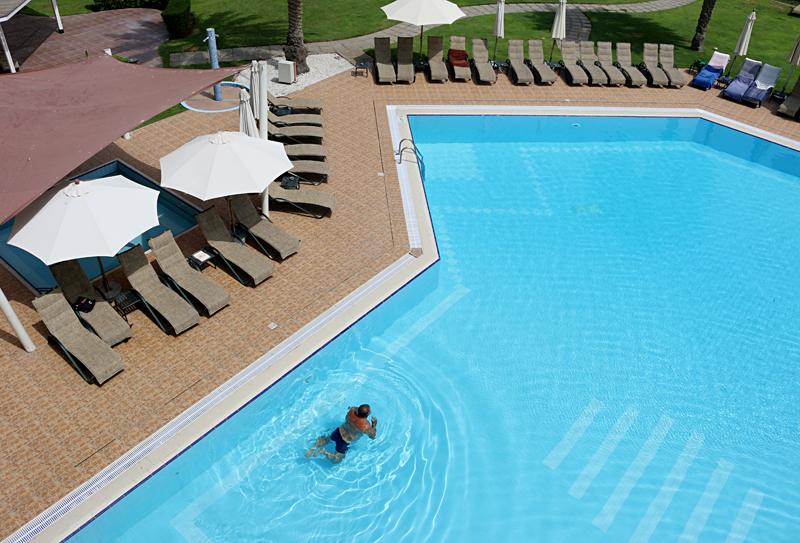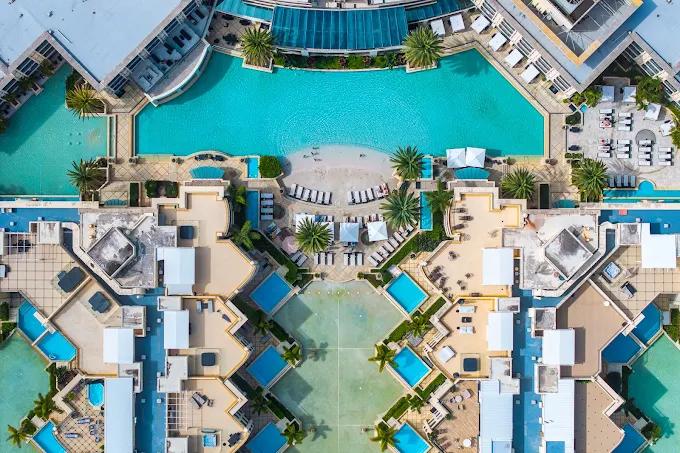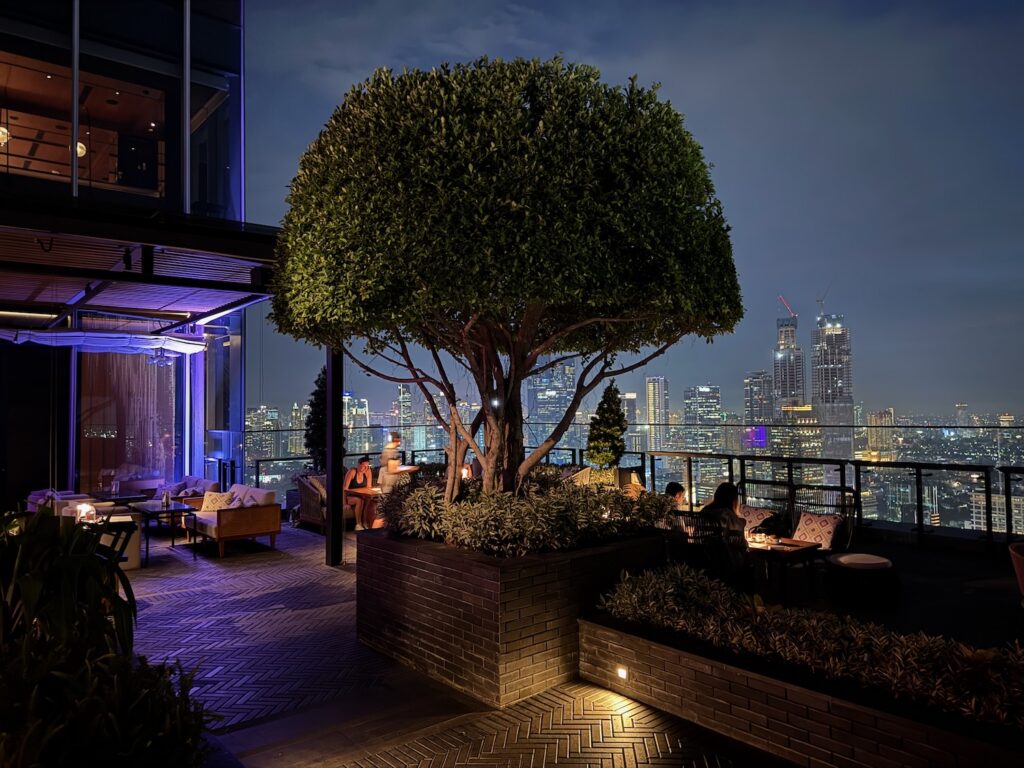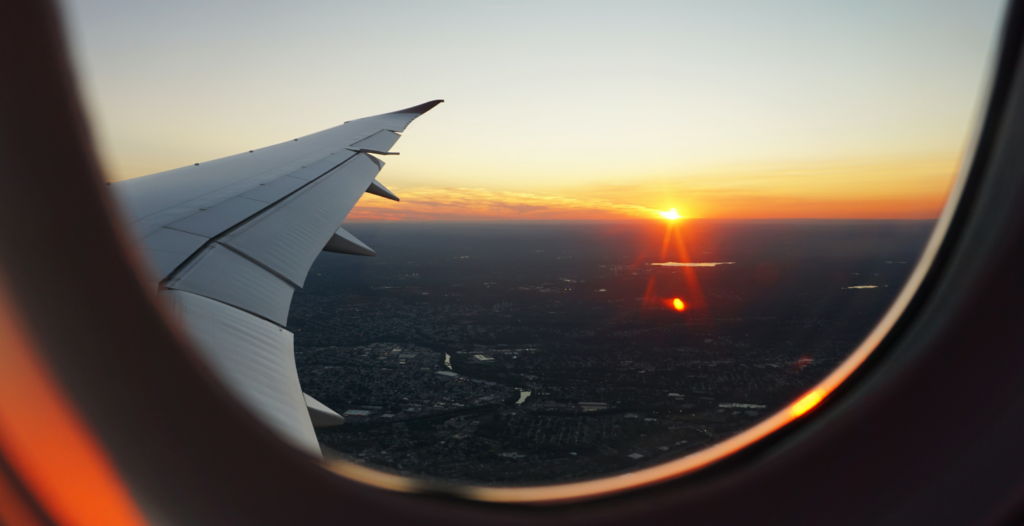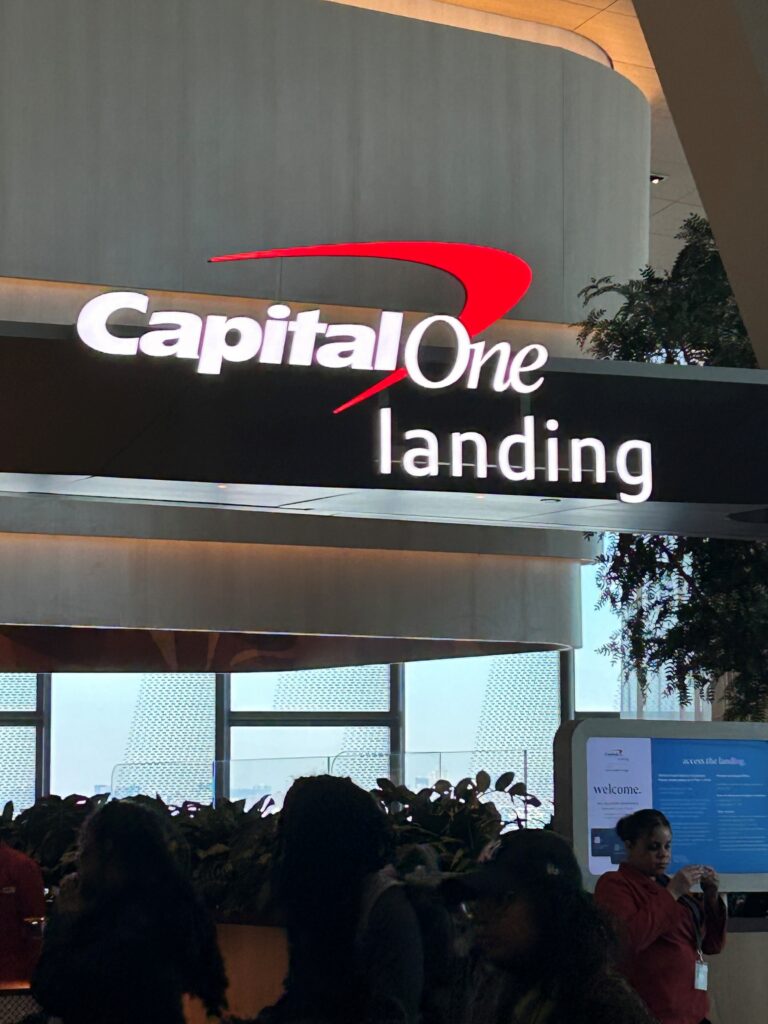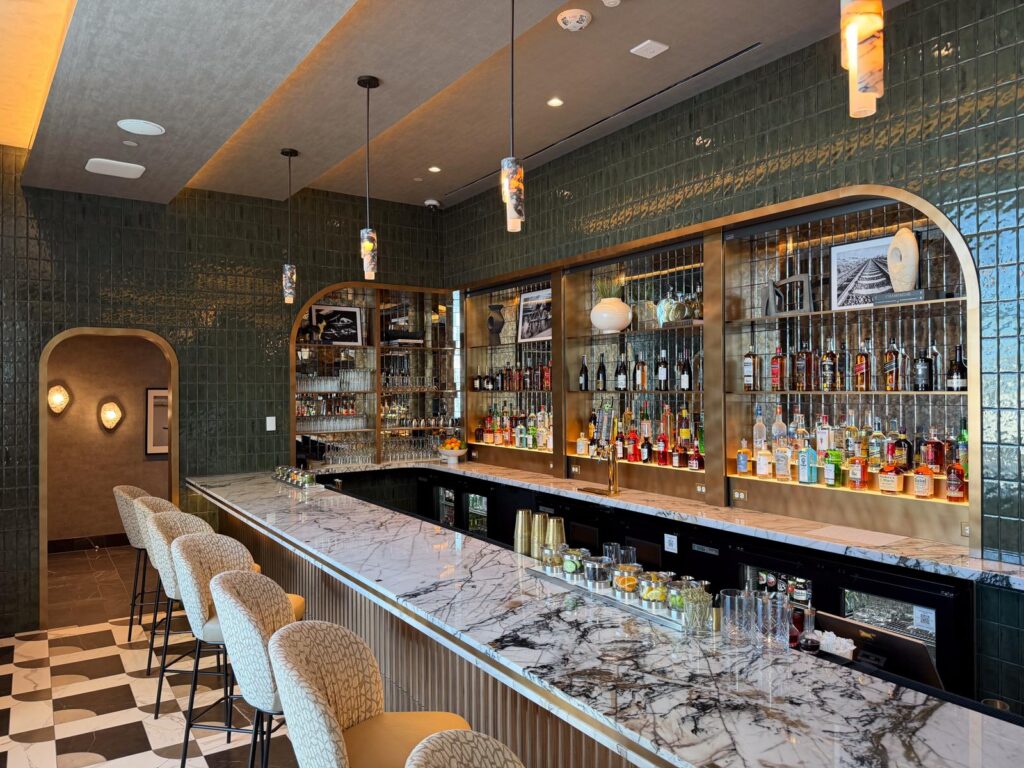
LA 2028: A Frequent Flyer’s Olympic Preview
Los Angeles is no stranger to the Olympic limelight, having hosted the Games in 1932 and 1984. Now, following the Paris 2024 handoff featuring Mayor Karen Bass and a cinematic cameo by Tom Cruise, I can practically feel the buzz as LA prepares to welcome over 15,000 athletes across 40-plus sports. There’s an undeniable fusion of history, innovation, and community spirit percolating through the city’s neighborhoods, and I’ve noticed that locals are already rolling out plans to show off more than just sunshine and palm trees.
Third-Time Charm: LA’s Olympic Legacy
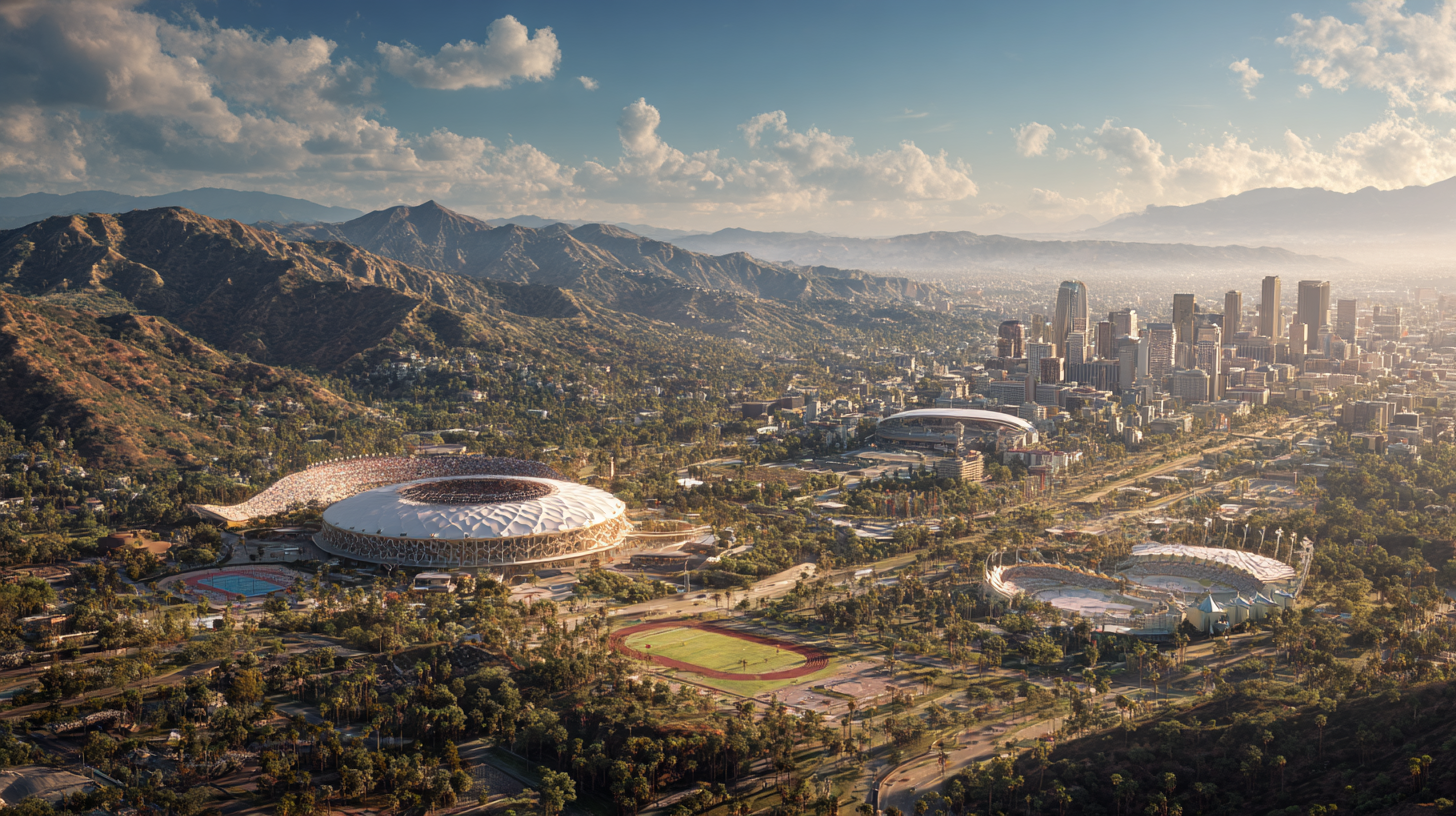
The city plans to echo the lasting success of the 1984 Games by focusing on sustainable development and meaningful civic engagement. Hosting the Summer Olympics for the third time, Los Angeles aims to refresh beloved sites like the Memorial Coliseum while introducing fans to contemporary upgrades at SoFi Stadium and Crypto.com Arena. In my own travels, I’ve seen how a single major sporting event can transform public perception and lay the groundwork for decades of growth. According to a 2024 report by the California Economic Strategies Task Force, the 1984 Olympics generated a surplus that helped fund youth sports programs for years afterward—an inspiring precedent LA officials hope to replicate in 2028.
From a historical perspective, LA’s Olympics have long been catalysts for urban innovation. A friend who grew up near the Coliseum recalled how the 1932 Games brought improved highways and new civic pride throughout Southern California. Now, in 2025, there’s an even stronger sense that these Games could stand out as a global model of sustainable hosting. City planners are tying design upgrades to long-term community benefits, such as increased green spaces and efficient energy use. Even the city’s statue-clad boulevards are getting a facelift, ensuring they shine just as brightly as the medal podiums on opening day.
No Build, Big Ambitions
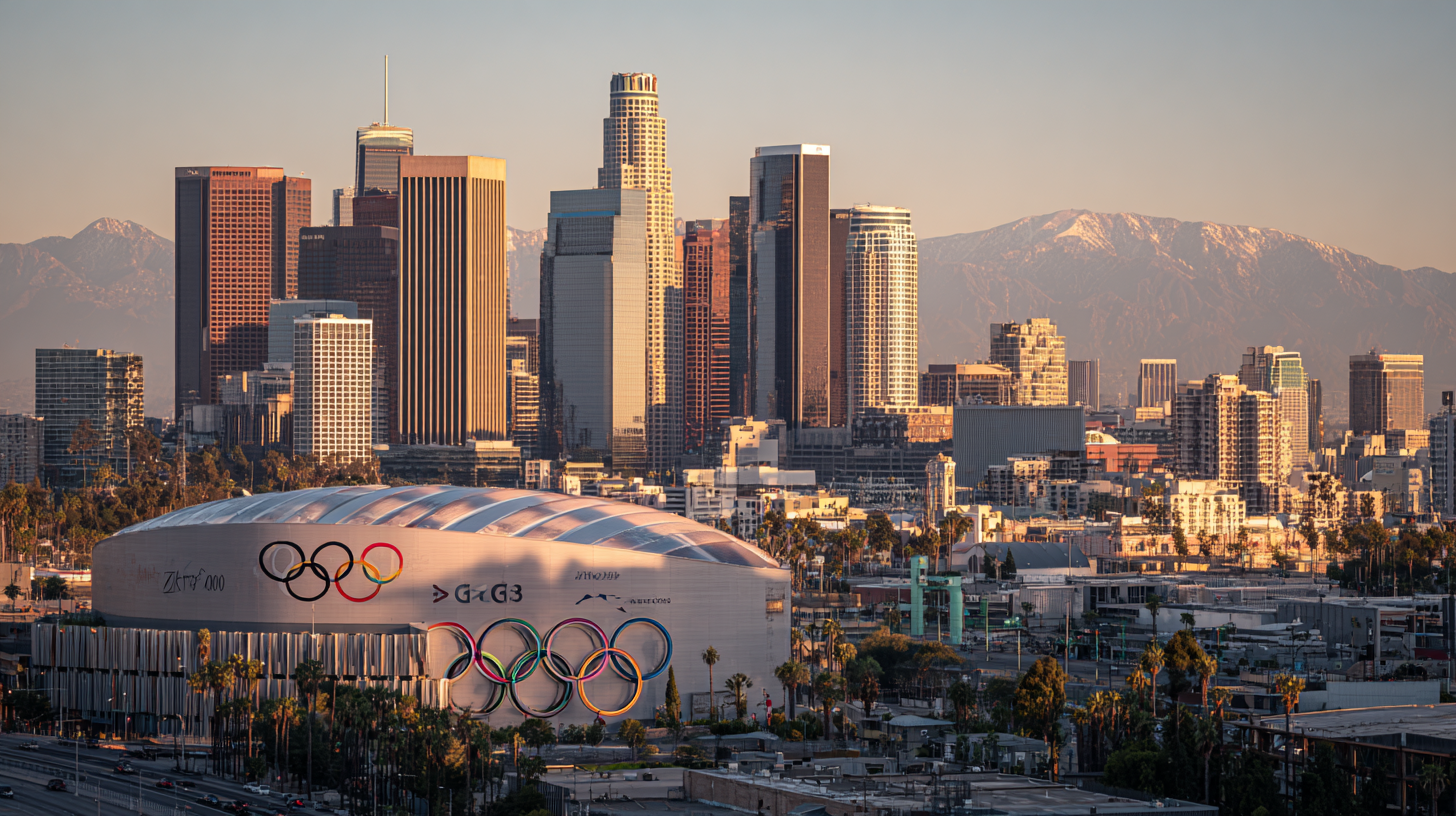
Organizers have dubbed 2028 the “no-build Games,” using existing venues rather than constructing new ones. SoFi Stadium will play double duty for ceremonies and swimming events, leading planners to craft a meticulously staggered schedule. This approach preserves LA’s classic sports landmarks while controlling costs and minimizing environmental impact. After witnessing the disuse of certain Olympic stadiums in other host cities, I’m confident this reuse strategy will help avert similar pitfalls.
Of course, no-build doesn’t mean no-risks. There’s the delicate balance of accommodating record-breaking crowds in local neighborhoods. I’ve chatted with homeowners concerned about noise, traffic, and property values. Event organizers say they’re cooperating with LA’s neighborhood councils to mitigate disruptions. As a traveler, I’ve seen citywide events in places like Tokyo and Beijing prove successful when host communities stay informed. LA is aiming for that same transparency, issuing frequent updates on route changes and volunteer opportunities. For many, the sense of community pride and global camaraderie will outweigh the short-term logistical headaches.
Transit Upgrades and the ‘No-Car’ Plan
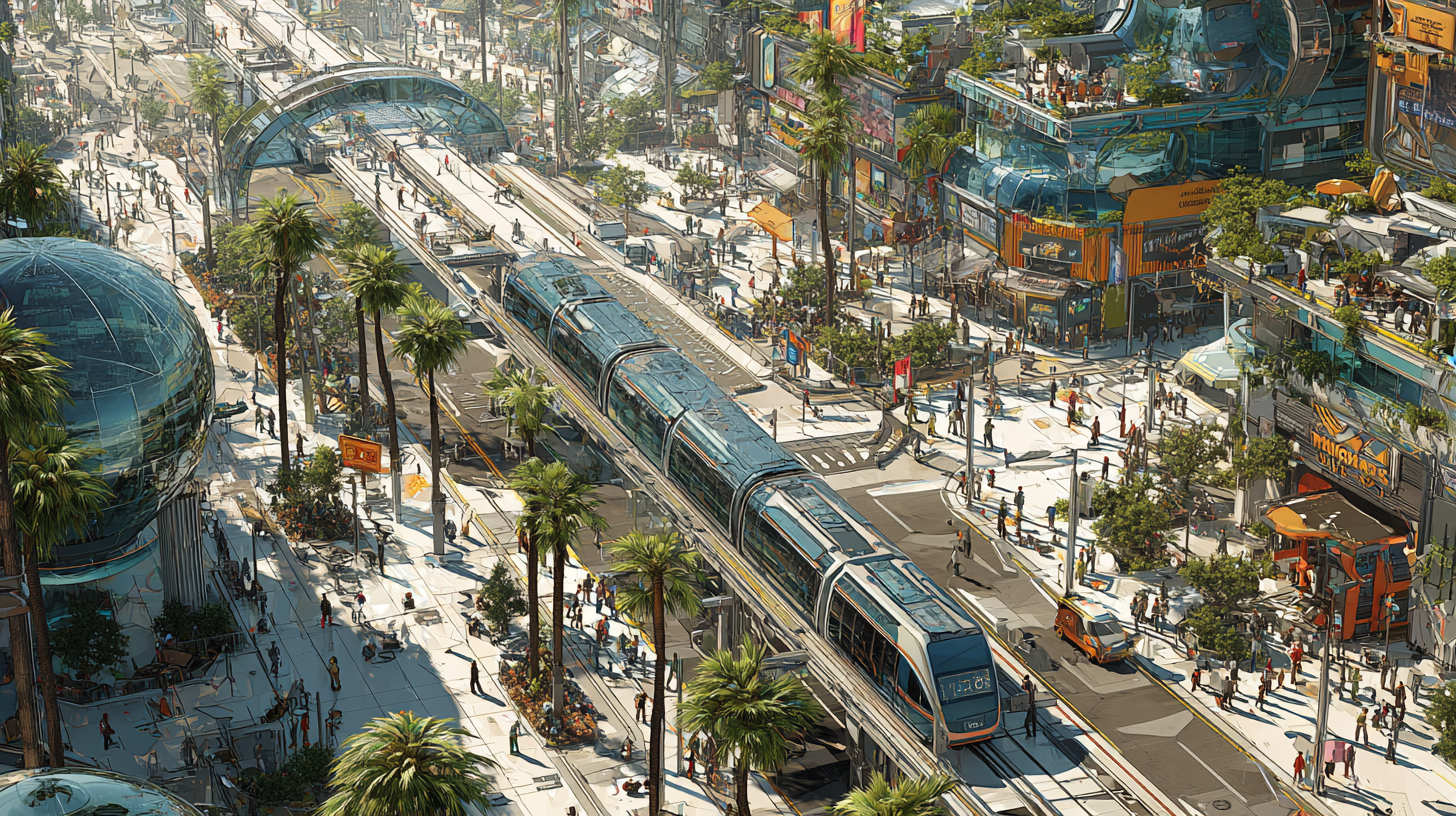
One of the boldest commitments for 2028 is the city’s “no-car Games” concept, backed by an $80 million investment in sustainable transport and the “Twenty-eight by ’28” initiative. Officials plan to roll out 3,000 additional buses, extend subway lines, and streamline airport access via a new automated People Mover at LAX. Staggered work hours and heightened security—led by the U.S. Secret Service—further aim to ensure a smoother ride for both visitors and locals.
In my travels, public transit is often the lifeblood of a city during major events. According to LA Metro‘s most recent projections, these massive upgrades could result in a 10% reduction in citywide car usage by 2028, a significant milestone for a metro long known for gridlocked freeways. I’ve observed how even simple tweaks like clearer signage and improved digital tools—such as a real-time bus arrival app—can transform a tourist’s experience. Officials seem poised to capitalize on these details. With LA’s sprawling network, every efficiency measure matters. If the initiative succeeds here, it could serve as a blueprint for future large-scale events around the globe.
It’s not just about moving people quickly; it’s about moving them smarter. The city is working with private ride-share providers and local bike-share programs to encourage last-mile connectivity. If you’re settling in for the opening ceremonies, you may be able to hop off a new light rail extension and grab a bike to your final destination. That’s the sort of innovative synergy I’ve found truly memorable in my journeys to other host cities.
Fresh Sports and Familiar Venues
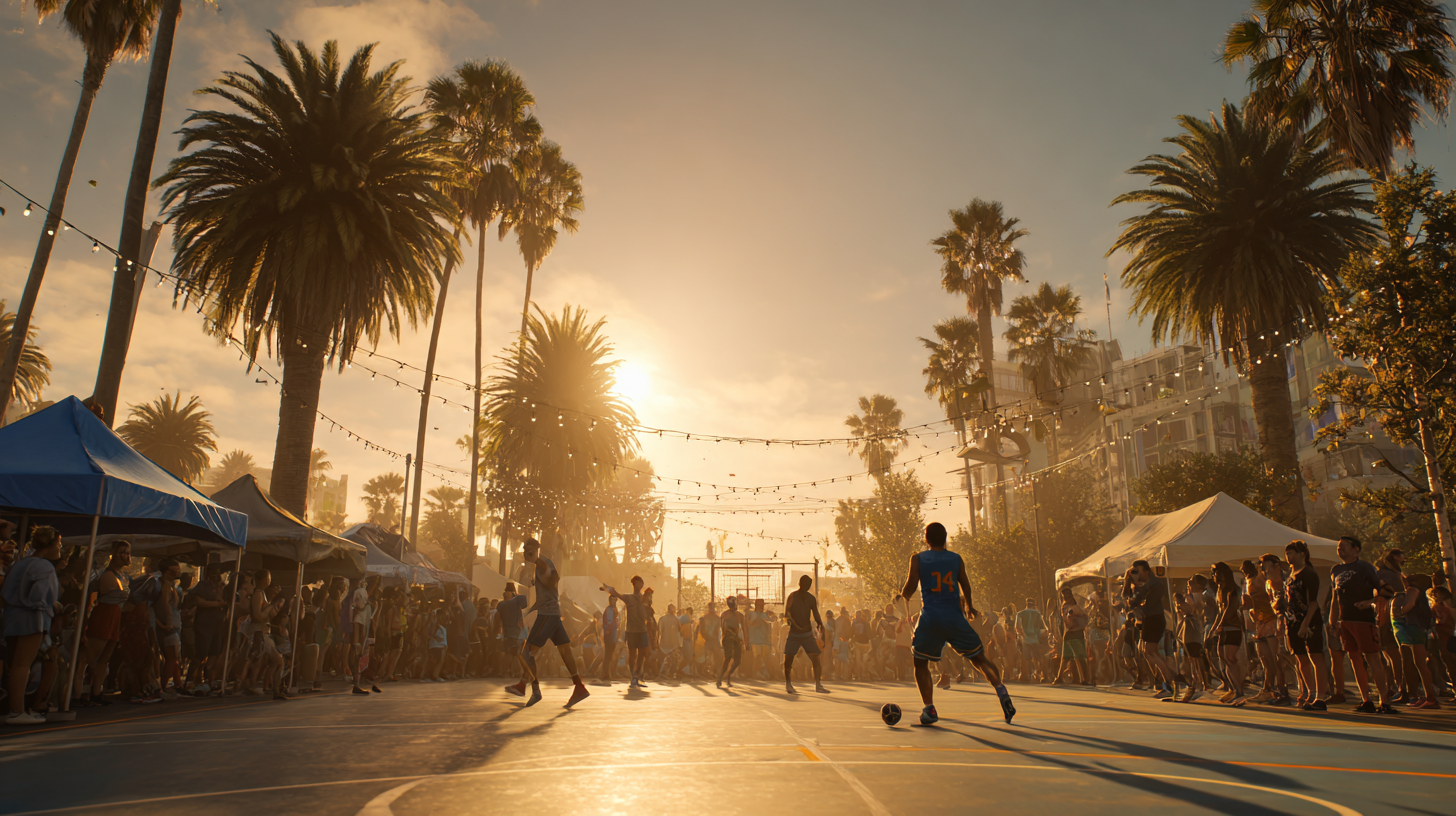
LA 2028 will feature new Olympic additions like flag football and squash while reintroducing baseball, softball, cricket, and lacrosse. Popular sports such as surfing and skateboarding maintain their sought-after status, drawing fans to Southern California’s scenic beaches. Frequent flyers can anticipate a city alive with cultural events and cutting-edge arenas, reinforcing LA’s reputation as a top travel destination.
I recall how excited I was when surfing was officially introduced in past Games. Standing on the sand at Huntington Beach and watching international athletes tackle West Coast waves was both exhilarating and humbling. By adding sports like flag football and cricket, LA is emphasizing inclusivity and celebrating cultural diversity in a city that houses communities from almost every corner of the world. The Los Angeles Tourism & Convention Board notes that these new sports could attract an additional 300,000 visitors over the course of the event—no wonder local restaurants are bracing for record sales!
Fans familiar with SoCal’s stadiums are also in for a treat. The newly refurbished stadiums promise a high-tech viewing experience reminiscent of the region’s flair for entertainment. Virtual reality replays, advanced concession apps, and rapid mobile ticketing will all play a part in 2028. From locals who just want to catch a ballgame to international spectators hoping for an iconic selfie at the Coliseum, there’s a little something for everyone.
Challenges on the Road Ahead
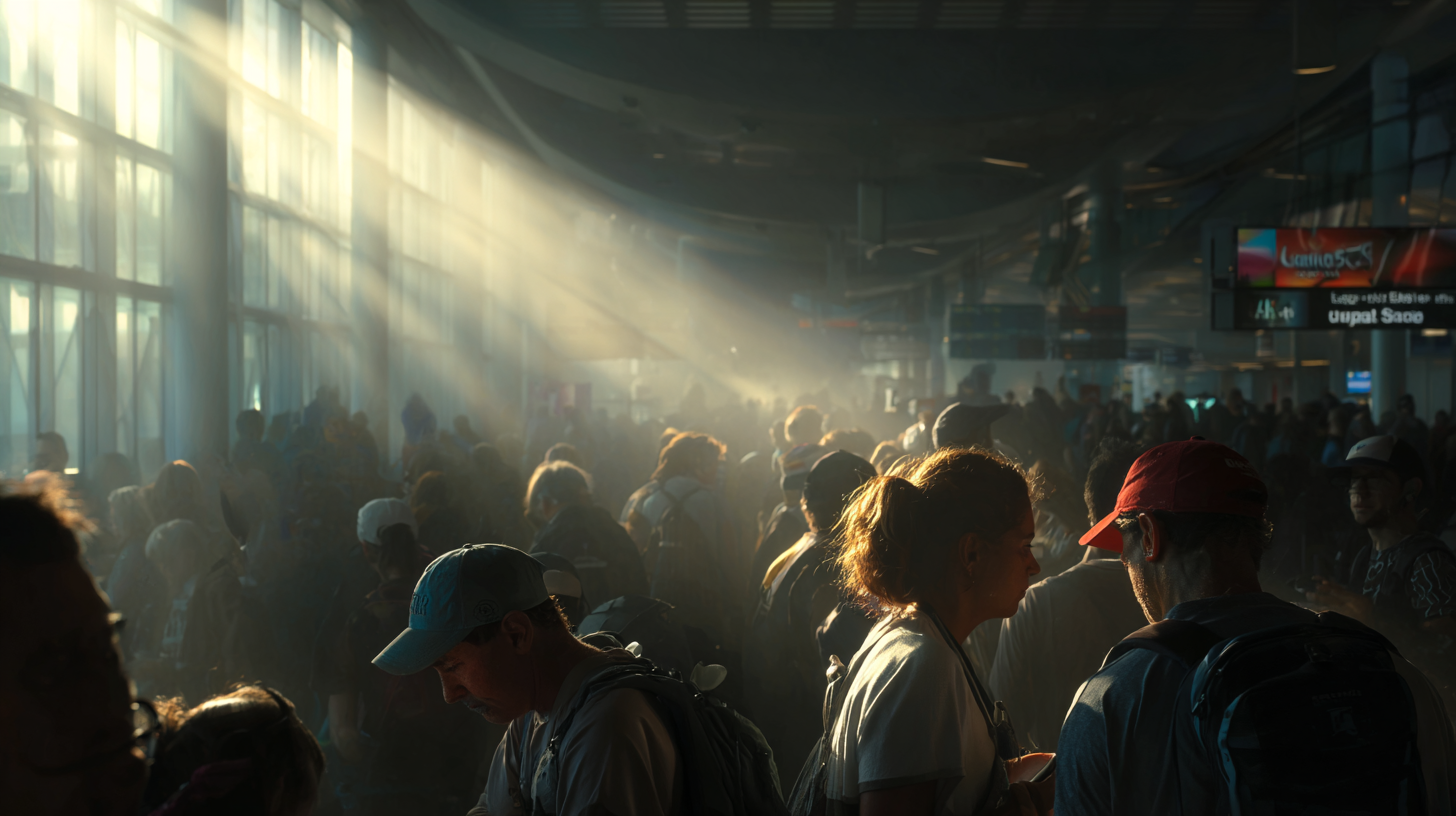
Critics point to ongoing traffic woes, homelessness, and infrastructure delays as hurdles that Los Angeles must overcome before the Games begin. Letters to local newspapers highlight calls for beautification projects, park expansions, and comprehensive solutions to rattling public transit issues. Despite these concerns, city leaders remain optimistic that a renewed focus on sustainability, economic growth, and civic pride will define the 2028 Olympics—creating a bright and lasting legacy for the entire region.
I’ve seen firsthand how major events can both spotlight and amplify pre-existing social issues. Barcelona, for instance, still grapples with debates over whether the 1992 Olympics rose the cost of living too steeply for locals. LA wants to avoid that fate. According to the Low Income Housing Institute‘s latest data, city officials are setting aside additional resources for housing solutions and aiming to offer supportive services where they’re needed most. It’s a strategy that needs the participation of both residents and businesses to be truly effective.
The city can’t make these changes overnight, but progress is in motion. Plans to expand green zones, along with pilot programs for reducing homelessness, are giving some residents renewed hope. LA’s success in preventing displacement or further marginalizing vulnerable communities could become a model for future hosts, underscoring the idea that community-minded planning is just as critical as athletic performance.
Final Thoughts

As 2025 rolls on, the anticipation for the LA 2028 Games feels more palpable each day. The city is balancing a storied Olympic history with a forward-looking approach to sustainability, transit, and urban development. In my view, the emphasis on refurbishing existing venues rather than building extravagant new structures has real potential to set a modern standard, proving that economic viability and environmental friendliness can go hand in hand.
Most of all, these Games look set to be a celebration of the region’s cultural mosaic, complemented by international travelers who bring their own traditions, perspectives, and excitement. The strength of LA has always been in its blend of ideas and influences. If the city can keep leveraging community collaboration and innovative transit solutions, this could very well be the blueprint for future Olympic success stories.
Brad Lightall’s Take
I’ve always been fascinated by how a big sporting event can bring people together and transform a city’s outlook, even among locals who typically avoid the tourist hotspots. Seeing LA’s commitment to efficient transit and long-term infrastructure improvement makes me optimistic that these Games will genuinely benefit everyone—from the dedicated sports fan to the curious first-timer.
At the end of the day, what inspires me most is the blend of history, high-tech readiness, and raw enthusiasm. It’s the kind of environment where once the Olympic flame is lit, you know you’re in for a show that’s bigger than any one stadium or city block.
BoardingArea is your launchpad for all the latest developments on LA 2028 and beyond.

